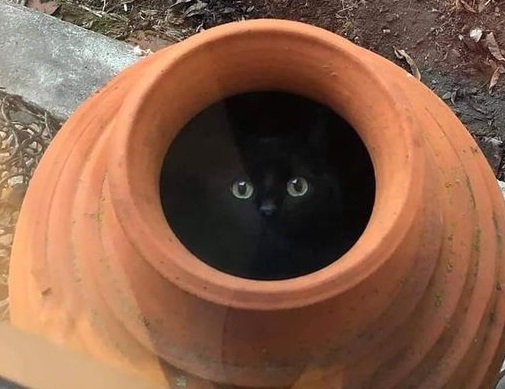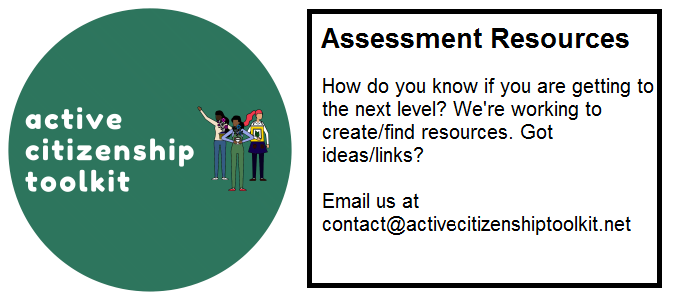Element Descriptor

Worst case scenarios for climate change and ecological breakdown are truly dire, and thus far, humanity is making little headway in avoiding them. Facing up to these facts extracts a considerable mental toll; as Nietzsche said “if you gaze long enough into an abyss, the abyss will gaze back into you.” Recognising this in others and dealing with the consequences, whilst helping them to remain a functioning human / friend / parent / partner etc is not easy, but not impossible
Level descriptors
| Novice | Practitioner | Expert | Ninja |
|---|---|---|---|
| Able to recognise symptoms of too much abyss staring and offer help or take simple actions to protect those around you | You are aware of which particular “parts of the abyss” are particularly hard for others, you have basic strategies to help them avoid these | You have helped them to develop coping strategies for most parts of “the abyss” that your family / friends / colleagues encounter on a regular basis, and do not allow these to become reasons to avoid active citizenship or any other aspect of life | Your advanced mental techniques mean no part of the abyss holds any long lasting fear for the people you support, yet they remain grounded as regards the seriousness of our predicament and the moral imperative to act |
Element Overview Essay
This is a draft. If something doesn’t make sense, or you see typos, or if you have further ideas, please email us on contact@activecitizenshiptoolkit.net
The reason this is done badly, is that people step up to the Abyss they look in and instantly find ways to not look in. Whether that’s by turning their back or finding busy work that they can do right away, as per Rosemary Randall’s last video in her series of six. The other reasons are that, well, this is the abyss!. And this is despair. And we as individuals, often don’t have the tools for that. Or if we didn’t have the tools, we’ve forgotten how to use them. And there’s not a language that we can share with other people. Because we seem mad if we talk about these feelings.
The other reasons are that, well, this is the abyss!. And this is despair. And we as individuals, often don’t have the tools for that. Or if we didn’t have the tools, we’ve forgotten how to use them. And there’s not a language that we can share with other people. Because we seem mad if we talk about these feelings.
So, despair and abyss-staring at a personal level is never about you as a person. It is always about you finding other people, ideally ones who are further along on the journey because otherwise you’re just going to spiral each other into an even worse place. And it’s about understanding the seduction of urgent high-pitch action, even though Yes, this is an emergency and it’s understanding the psycho dynamics going on within yourself and the psycho-social dynamics going on around you. This sounds more difficult and complex than it actually is.
The reason groups are often bad at this is they don’t have the emotional literacy and or hinterland and or mix of experience in that group to cope with really quite overwhelming feelings. The Abyss is not a happy place, with unicorns and rainbows. It’s the abyss – the clue is in the name.
The consequences are that a group can egg each of its members on, you get groupthink, where the most outlandish and outrageous views prevail because that’s the general direction with no one willing to say, “hang on, either a it’s not that bad yet or be even if it is. We’re not helping ourselves.”
The fixes are difficult. You need people in your group who can act like the control rods in a nuclear reactor, where they absorb some of the free particles that otherwise might bounce about, and cause a chain reaction. And of course, that is skilled work, emotionally exhausting, and can’t be done indefinitely by one person or two people.
At the level of collective abyss-staring, well, as with personal abyss-staring, you also need to be aware of the psycho-dynamics of what’s going on, within individuals, within a group and between groups and between the ecosystem of activism and green concern and the broader world. So you can’t look at climate despair and anxiety outside the context of coronavirus and in the UK austerity and Trump and so on. If you do, you’ll miss half of what is going on
Development Resources
Assessment Resources

